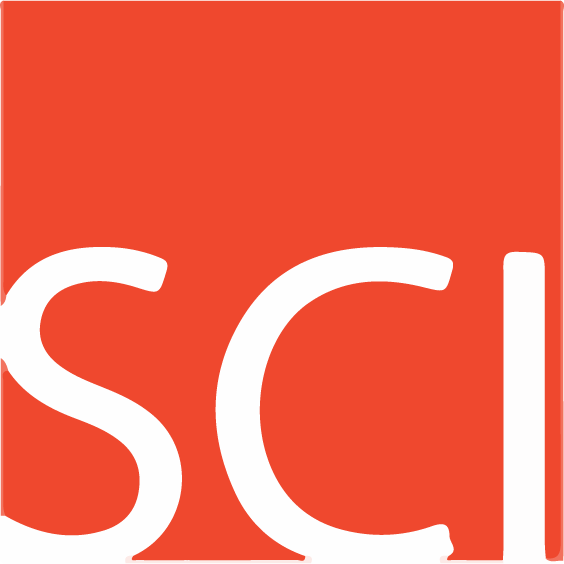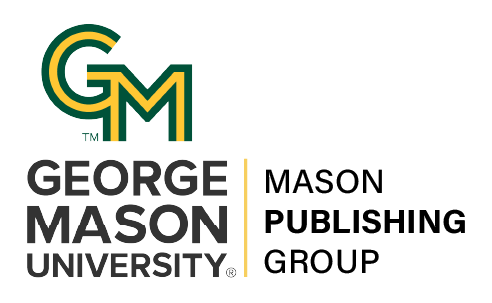Promotion & Tenure Reform Workgroup Report
DOI:
https://doi.org/10.13021/G8osi.1.2017.1928Abstract
The remit of the Open Scholarship Initiative à2017 Promotion & Tenure Reform workgroup clearly connected researchersââ¬â¢ personal publishing choices to the oft-traditionalist system of promotion and tenure in the United States, wherein researchers feel compelled to publish in toll access journals or monographs if they wish to achieve tenure, win grants, receive awards, or otherwise advance professionally. Other professional advancement systems worldwide, such as university hiring, contract renewals and government and foundation grantmaking processes similarly reinforce the primacy of toll access research formats. Hiring practices were of concern for our workgroup, given the increasing ââ¬Åadjunctificationââ¬Â and precarious state of tenured university posts in the United States. Due to these parallels, the Reform working group expanded our charge to consider hiring, grants, and other professional advancement scenarios common to researchersââ¬â¢ concerns worldwide.
In this report, we unpack how professional advancement practicesââ¬âincluding and beyond promotion and tenure review standardsââ¬âcan be realigned to encourage researchersââ¬â¢ adoption of open access (OA), open research, and open educational practices.
Here, we set the scope of the current problem, discuss the reasons why professional advancement scenarios should be realigned to reward open research practices, identify challenges to reforming professional advancement scenarios wholesale and worldwide, recommend concrete actions for beginning the reformation process, and share resources related to professional advancement and open access.


